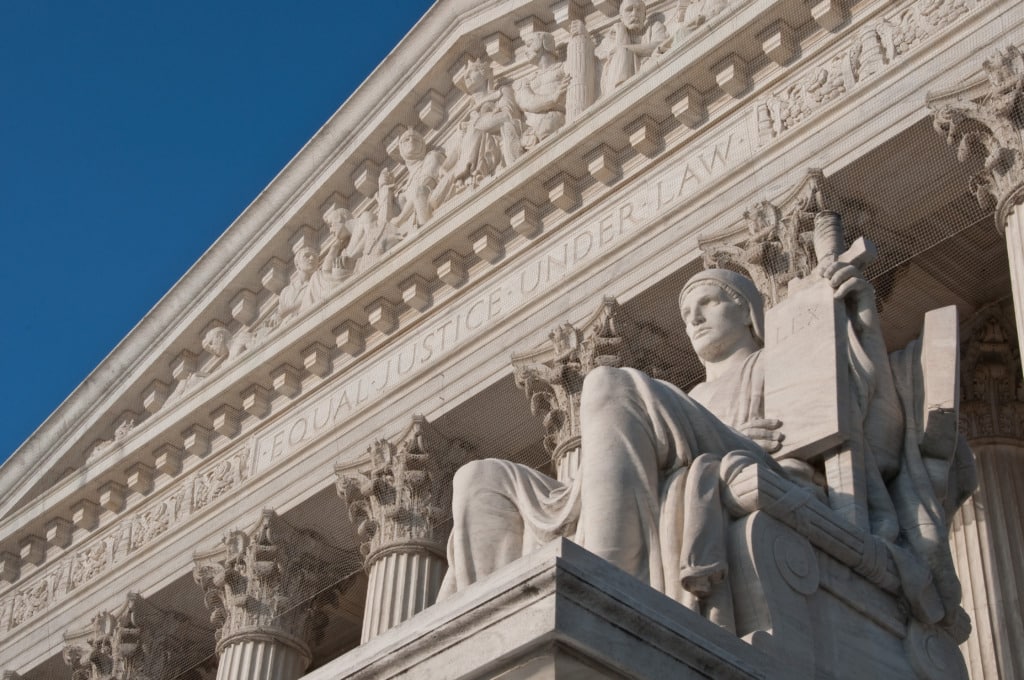Tagging Corporate Directors for Discovery under Section 1782
Section 1782 authorizes federal district courts to order any person who “resides or is found in” the judicial district to provide discovery “for use in a proceeding in a foreign or international tribunal.” The Second Circuit has held that “that § 1782’s ‘resides or is found’ language extends to the limits of personal jurisdiction consistent…
Continue ReadingDivided Fifth Circuit Panel Affirms Antisuit Injunction in Tragic Case
Normally, the fact that the Fifth Circuit affirmed an antisuit injunction would not be noteworthy. The Fifth Circuit is among the circuits that has adopted a liberal approach to antisuit injunctions, and all circuits review a district court’s decision to grant or deny such an injunction for abuse of discretion. But the decision in Ganpat…
Continue ReadingSanctions Against Russia and Section 1782 Discovery
Since the “military operation” in Ukraine began in 2022, Russia has become the most sanctioned country in the world. U.S. blocking and sectoral sanctions now cover numerous Russian entities, especially banks, which were the most active litigants in transnational disputes. The U.S.-Russia relationship is probably at its worst in 30 years, and Russia has officially…
Continue ReadingOfficials Who Kidnapped Hotel Rwanda Hero Are Not Immune from Suit
In 1994, Paul Rusesabagina was the manager of a hotel in Kigali, Rwanda. During the genocide, he sheltered 1,268 Hutu and Tutsi refugees, all of whom survived. His courage inspired the film “Hotel Rwanda,” and in 2005 President Bush awarded him the Presidential Medal of Freedom. Rusesabagina became a human rights advocate and vocal critic…
Continue ReadingSupreme Court Ducks Fifth Amendment Due Process Question
The Supreme Court denied certiorari yesterday in Douglass v. Nippon Yusen Kabushiki Kaisha. This highly-watched case raises an important question that the Court will have to address sooner or later: the Fifth Amendment due process limitations on personal jurisdiction. The Supreme Court’s personal jurisdiction cases have repeatedly interpreted the Due Process Clause of the Fourteenth Amendment…
Continue ReadingThe Impossibility of Serving Russian Defendants
The Hague Service Convention is a blessing and a curse. By obligating each country that has joined to designate a Central Authority for effectuating service of process on defendants within its territory, the Convention provides a means of service that respects foreign sovereignty, complies with federal rules, and helps ensure the enforceability of resulting judgments….
Continue ReadingAnother Court Rejects Chinese Data Privacy Law as a Bar to U.S. Discovery
A second U.S. decision has held that China’s Personal Information Protection Law (PIPL) did not bar a U.S. discovery request because of an exception in the law for statutory obligations. As previously reported on TLB, a federal court in California held last year that the PIPL’s exception for transfers “necessary to fulfill statutory duties and responsibilities or…
Continue ReadingOne More Thought on Halkbank
The recent Supreme Court argument in Türkiye Halk Bankasi A.S. (Halkbank) v. United States has captivated the transnational litigation community. Experts have weighed in in many forms, including on this blog. In this post, I want to add one more thought that I have not seen raised in this context. Even if the Court decides…
Continue ReadingD.C. Circuit Holds that Whistleblower Provision Does Not Apply Extraterritorially
In Garvey v. Administrative Review Board, the D.C. Circuit held that a whistleblower provision in the Sarbanes-Oxley Act did not apply to alleged retaliation against an employee in Hong Kong by a subsidiary of a U.S. investment bank. The opinion carefully applies the Supreme Court’s two-step framework for the presumption against extraterritoriality to the whistleblower…
Continue ReadingThe Media Coverage of Turkiye Halk Bankasi, in Review
Last week, the Supreme Court heard oral arguments in Turkiye Halk Bankasi A.S. v. United States, a criminal case originating in the Second Circuit. The defendant, Turkiye Halk Bankasi A.S. (“Halkbank”), is a foreign state-owned commercial bank, headquartered in Istanbul, and a subsidiary of the Turkish government’s sovereign wealth fund. Charged with laundering over $1…
Continue Reading







